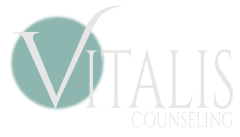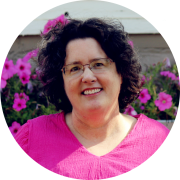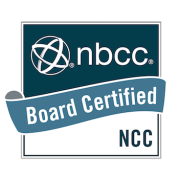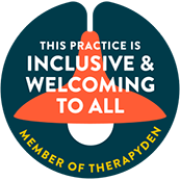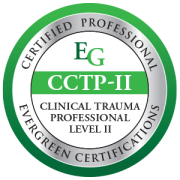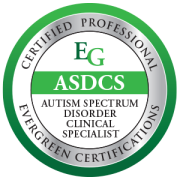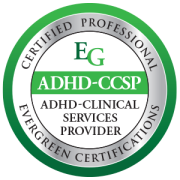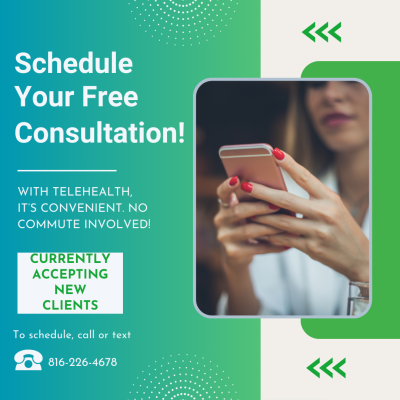About Alicia
Hi! I’m Alicia and I’m a Licensed Clinical Professional Counselor in Kansas and a Licensed Professional Counselor in Missouri. I’ve been practicing since 2017. I focus on working with PTSD and complex trauma (particularly Dissociative Identity Disorder), autism, and ADHD.
My Approach to Working with You
With all clients, I like to work as partners, with you having the deciding veto on choices and decisions we make. Particularly when it comes to people who have experienced terrible trauma, they have often been treated as though they don’t matter, that what they think or feel or want doesn’t matter. In my office, your thoughts and feelings and opinions are of the utmost importance. Whenever I can, I will give you choices such as “We can do this, this, or that” which I will discuss with you and then you will tell me what makes sense to you. You always have the right to say “no.” I understand that many of my trauma clients do not trust easily, for very good reason, and that I have to earn that trust over time. Not only do I understand that, I respect the wisdom of it.
I’m Neurodivergent
I have ADHD. In my family, two of us have ADHD and two of us are on the autism spectrum. Being neurodivergent in a neurotypical world often brings with it some real challenges. While it is possible to find a neurotypical therapist who is educated about neurodivergent brains, I want you to know that with me you get someone who has both clinical experience and real-life experience as a neurodivergent person.
I’m a Proud Ally to the LGBTQIA Community
I am a proud ally to the LGBTQIA+ community. I have been an ally for many years, but it became personal when one of my children came out as transgender. I am so proud of her and her strength. I have seen the courage and strength it has taken to be herself in a society which doesn’t always understand or accept it. If you are a member of the LGBTQIA+ community, I will respect and support you. And, this seems like a good place to mention that my pronouns are “she/her.”
My Credentials
My credentials include:
Double Board-Certified
National Certified Counselor (NCC)
Board-Certified Telemental Health (BC-TMH)
Certified Clinical Trauma Professional (CCTP-II)
Autism Spectrum Difference Clinical Specialist (ASDCS)
ADHD Certified Clinical Services Provider (ADHD-CCSP)
Let’s Schedule a Free Consultation!
Are you ready to schedule a free no-obligation 15-minute video consultation with me? It’s a chance for you to ask any questions you have and get an idea of what it would be like to work with me. Call, text, or email me:

